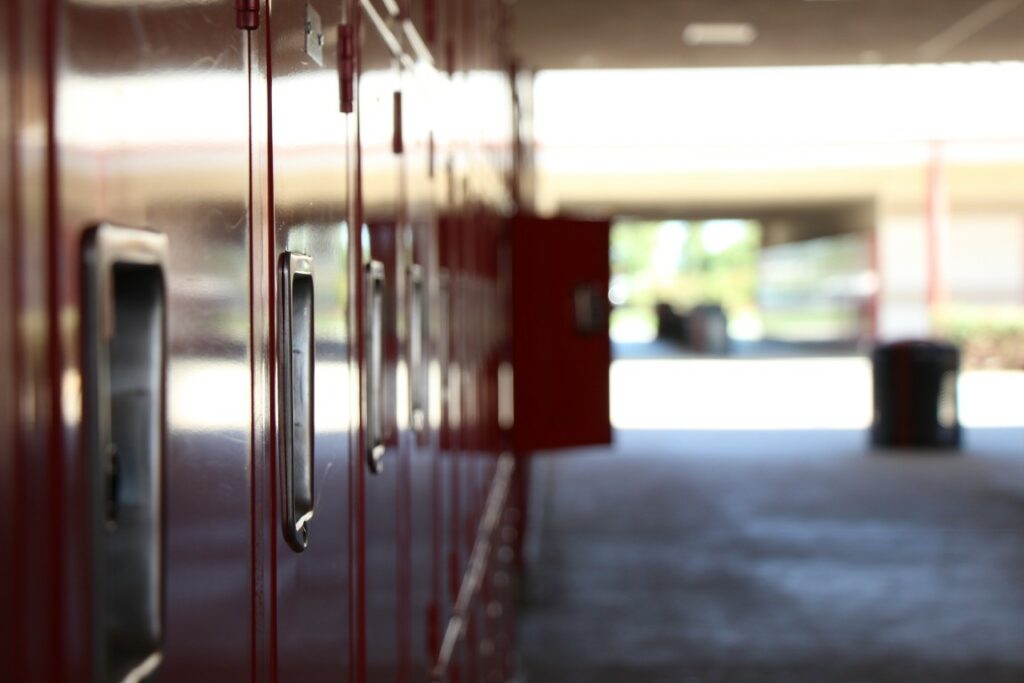
What do you get when you mix the taboo nature of discussing sexual intimacy with the social stigma surrounding intellectual and developmental disabilities? The answer: a heck of a lot more problems than you might think. Sexual education in the school setting is already a hot-button issue for non-disabled students. But when students with intellectual and developmental disabilities are introduced into the mix, so too are the ableist stigmas we all hold.
Taboo-Nature
I would like to start this piece with a brief exercise one of the health teachers at my high school conducted at the beginning of sex ed. Repeat after me: Penis. Vagina. Penis. Vagina. Why do you think she would make a room of teenagers yell these words in school? Isn’t that inappropriate? If you think it is, you proved my point from earlier. Sexual intimacy and anything loosely related to sex are currently incredibly taboo topics. To help break down the air of discomfort surrounding such topics, that health teacher did something many are afraid to do: she spoke openly and encouraged others to follow suit.
One could argue these topics are not to be spoken about simply because we are taught to not speak about them. A child can ask why their anatomy is different from their siblings, but they will often be met with shushes or roundabout answers. In many cases, there is no reason for this reaction other than traditional values. Those same values are often times what causes conflict in regard to sexual education in public schools.
My sex ed experience at a public school was mediocre at best. Genitalia, STIs, and contraceptive methods were discussed. Consent was not taught nor were the proper ways to actually engage in sex, just that if we did it we should do it safely. This was not the most educational experience. And if this is what I received, what is the experience of children and adolescents with intellectual and developmental disabilities?
The Institutional Deficit
Working in a behavioral school for boys with emotional, developmental, and intellectual disabilities yields an interesting perspective. These students are taught the same subjects most other students in the country are taught just with more academic and therapeutic support. However, they are not always provided with a health class.
I worry greatly about this institutional deficit, partly due to my own ableism. These students are receiving very little, if any, sexual education during the school year from our faculty and who knows what they see on the Internet and what their families and friends are telling them. As they get older and begin to develop their curiosity, I am worried that they might not always have a reliable source of sexual education. With that, the concept of consent is often discussed but not in the context of intimacy. I don’t know if the connection between consent and sexual activities has been made or if it ever will be in this school setting. I don’t know if some of these students would understand the magnitude of these topics. I’d like to think these kids can do anything, but from what I’ve seen I don’t know if I would feel confident in their understanding. I wish I could feel otherwise.
Deeper Issues
Individuals with an intellectual or developmental disability are seven times more likely to experience sexual assault than non-disabled people. In many cases, the perpetrator is another individual with an intellectual or developmental disability. Ableism likely prevents people from thinking this to be possible. Common stereotypes around this population convince the non-disabled community that these individuals can do no wrong and are by default sweet and innocent. Of course, this is not realistic. Another ableist stereotype, as seen above, is the incapability of this population to understand topics related to sexual education and sexual intimacy. Like the non-disabled community, however, individuals with an intellectual or developmental disability prove that idea wrong.
Why This Matters to Social Workers
So, if people with intellectual and developmental disabilities are able to learn about sexual education, and learning about sexual education dramatically decreases instances of sexual assault, then what is the reason for this population to not receive sexual education? The signs point towards ableism held by those in helping professions, with social workers being a perfect example. While the social work community prides itself on how educated and accepting they are of different identities, very rarely do social workers take the time to reflect upon identities they may not be as familiar with. Race and sexual orientation are examples of identities social workers study extensively, but disability as an identity and the depths of disability culture are rarely examined. To combat this, social workers need to begin the process of confronting personal ableism.
Confronting personal ableism is difficult, but doing so will only benefit social workers and others who choose to do so. It is important and necessary to challenge internal biases. Critically examining personal ableist ideas pushes social workers to gain a different perspective. Through this difficult process, one gains clarity in the issues they may not even know they wrestle with. Understanding how ableism impacts perceptions allows social workers to get a firm grasp on the disability community. They may begin to feel empowered to advocate for a change they never once considered, such as a stronger sexual education program for people with an intellectual or developmental disability. The importance of critically examining personal biases should be emphasized throughout the entirety of the social work community and by every social worker.













